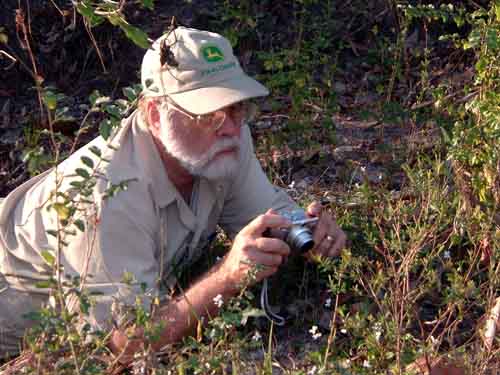The Fourth Line
A place where a great river lives;
Where most of our crawfish used to come from;
“Where commercial fishermen make a living;”
Comments on the first three lines of the poem Atchafalaya Is have appeared earlier in Riverlogue postings – now for the fourth line (bolded above). Commercial fisherman – what does that mean? A lot of different things to people of varied perspectives – a lot of different things. To a consumer of the fish he catches, a commercial fis
 herman is rarely thought of at all. There is a disconnect between the harvest and the dinner table, a lack of awareness similar to a consumer not knowing how his hamburger comes to be on the plate in front of him. Or a child really knowing the relationship between that big bag on a cow and the big plastic container in the refrigerator.
herman is rarely thought of at all. There is a disconnect between the harvest and the dinner table, a lack of awareness similar to a consumer not knowing how his hamburger comes to be on the plate in front of him. Or a child really knowing the relationship between that big bag on a cow and the big plastic container in the refrigerator.To an environmental activist a commercial fisherman is viewed with suspicion, guilty of unknown but probably ungreen practices. The assumption remains even though no supportive facts are offered.
But, to his children, the commercial fisherman is a person endowed with almost magical powers. He can foretell the weather sometimes, and he can read a story in the water when wet is all it is to most people. And he does things that children can understand, and those things bring food to the house, either directly or by converting his fish into money. Whether he is fishing fish, or frogging, or crawfishing or whatever, his children can see what it means to be good at something. And because they can understand the relationship between the man, and the skills, and the rewards, they often want to be like him – both the boys and their sisters too. And not long ago it was possible to become like him, but not very much any more. It’s not for lack of desire that these kids can’t be like their fathers, it’s because there is no longer a complete system to support them. There must be an unbroken line to connect the harvest, the transportation and the sale for any commercial undertaking to succeed. A computer programmer harvests with his mind, a process transports his product and his employer is the buyer. A commercial fisherman harvests with his skills also, and to some extent controls the transportation, but there is nothing he can do if there is no sale for his product – fish in this case. There is no employer to arrange a sale for the commercial fisherman. So, the unbroken line is no longer true for most commercial fisherman in the Atchafalaya Basin.
The line in the poem says “make” a living, not “made”. And it is true that some commercial fishermen do still make a living in the Basin. Net fishermen with a lot of resources and a place to sell can do well, my friend Rusty from Simmesport does. Crawfishermen do well when the water is high enough long enough. Frogging can still be profitable if the man is willing to sell his frogs cheaply enough, and if there are enough frogs. But these days, neither of these activities will support a family by itself, making some supplemental means of earning a living necessary. Often fishing is done on his days off by an offshore oilfield worker whose father was a commercial fisherman. Such a man was the one pictured in the boat with me. He caught the big goujon and let me hold it for the picture.

I ask my friends why they became fishermen and stayed doing it for most of their lives. Most tell me that they were born into it; they watched a father do it and learned from him, or an uncle maybe. Very few people I have talked to became commercial fisherman in some other way. When asked what is so important about that particular way of earning a living, they say “catching fish”. Not so small a thing, that. When someone does something for 50 years, and still looks forward to the next day doing the same thing, a “hmmm” is justified I think. I watched my friend Edward fishing trotlines a few years ago, and I was amazed that he would still get excited at the feel of a fish on the line, even if it wasn’t a very big fish. He would get that focused-attention look on his face and then when the fish was safely in the boat you could see satisfaction. He had been doing this, for the most part, for 60 years. And he still had fun. Man! Find me a job like that and I would work at it until I …. whatever. Better yet, find me that job 40 years ago.
So, the fourth line of the poem has significance because the Basin once was and to some extent still is a place where that most important of life’s requirements was supported – earning a living. This has to be a part of any comprehensive definition of the Atchafalaya Basin.
The river is at 11.1 feet on the Butte La Rose gauge today, rising slightly to 11.5 feet day after tomorrow. But, and it’s a big but, the Ohio is falling hard and so it looks like falling water for the Atchafalaya by next week. Would have liked to have the water stay into May sometime, but it doesn’t look like it will unless they really get some prolonged rain in the Ohio Valley.
Rise and Shine, Jim


0 Comments:
Post a Comment
<< Home